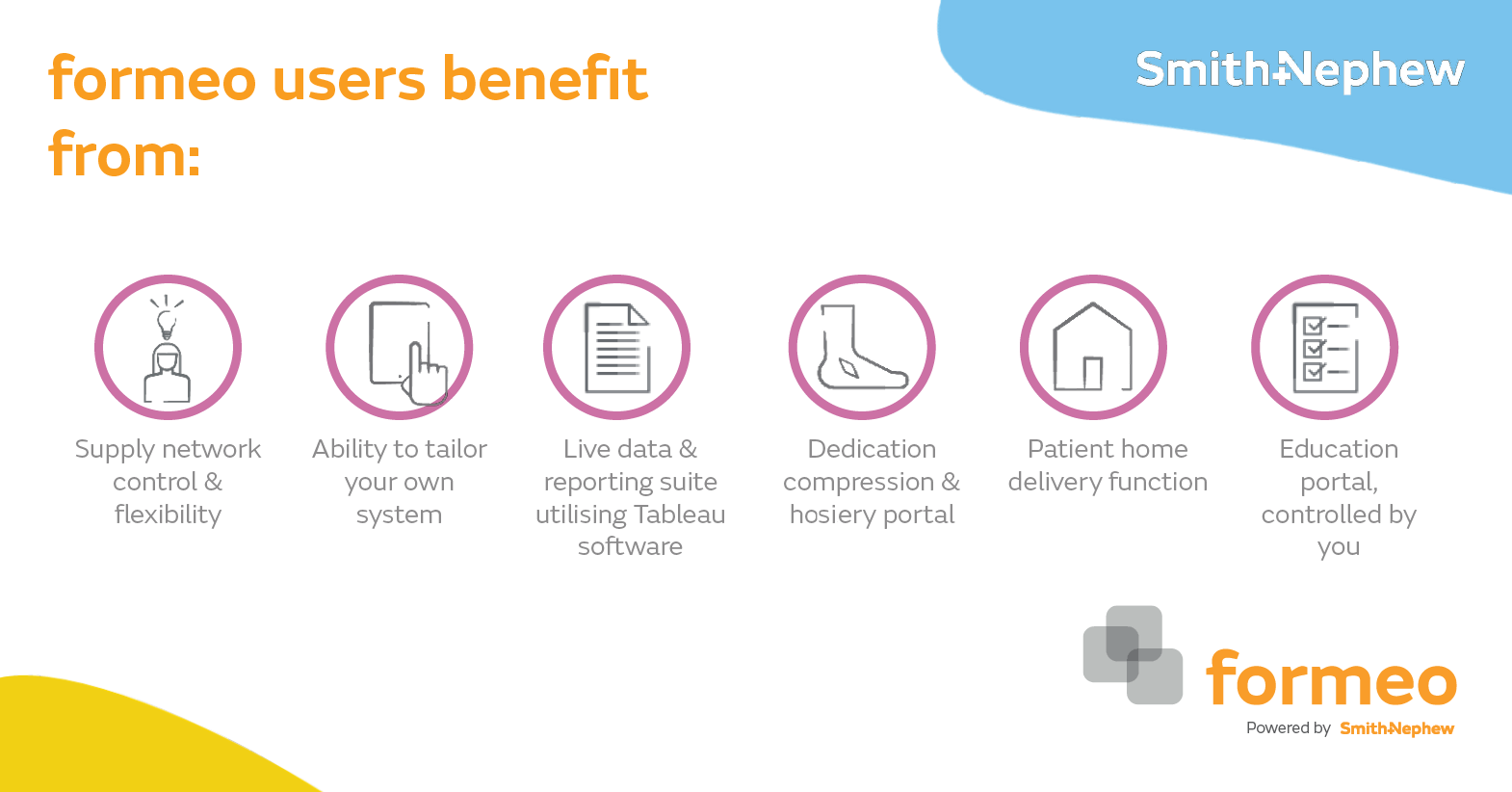Autistic spectrum disorder (ASD) is a lifelong developmental disability that affects the way an individual communicates and relates to their environment and the people around them. Children and young people (0-18 years) with autism find change difficult and can demonstrate challenging behaviours when reacting to new situations. Children with autism can therefore be difficult to manage in paediatric intensive care settings, and this can become even more challenging when these children present with extensive burn injuries. A burns service at one childrens hospital in Manchester explored these issues among staff, and the reasons why children with autism have challenging hospital stays. Lack of staff awareness was found to be the key indicator of this, stemming from concerns relating to patient/staff experience, rights, safety and behaviour, management skills and improving clinical effectiveness. To ameliorate this situation and improve care provision, a range of measures have been implemented, including a hospital-wide care standard, an autism training and education strategy, and the development of an autism champion role to ensure early intervention. This article outlines the development and implementation of these measures and future action plans.






